
Australia Urges China to Avoid Coercion and Increase Aid Transparency in Pacific Islands
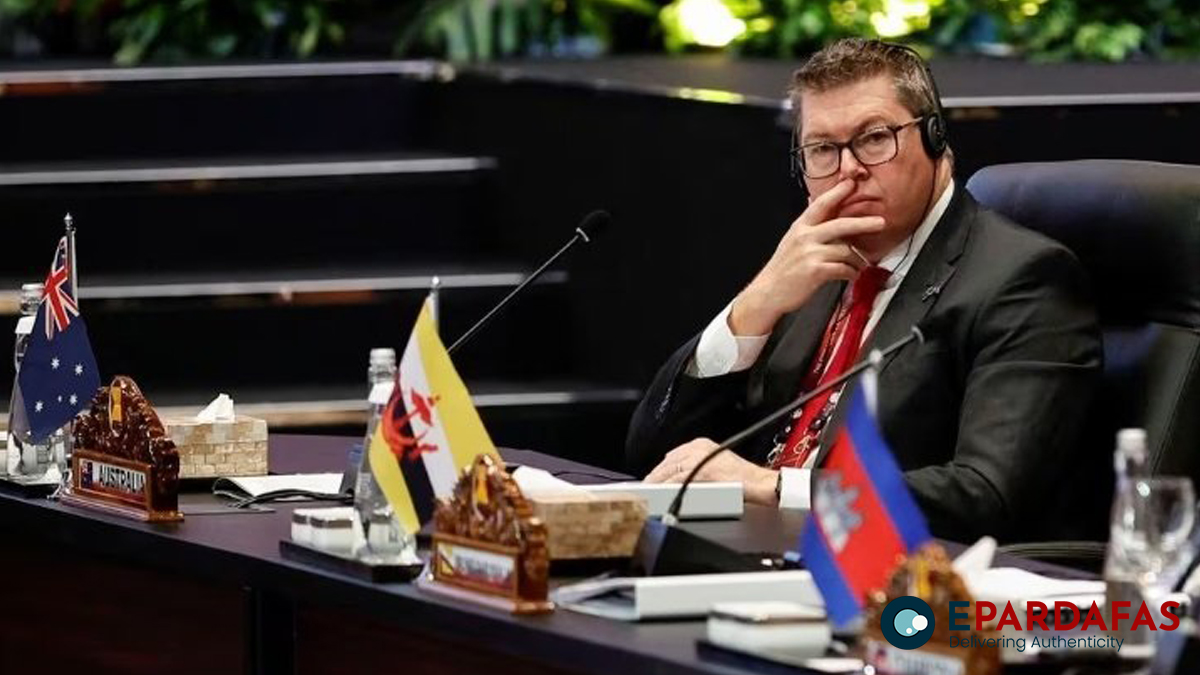
Australia urged China to avoid “coercion” in the Pacific Islands and to be “more transparent in the aid” it provides, acknowledging a “state of permanent contest” between Beijing and the West. Speaking on Wednesday, Australia’s Pacific minister Pat Conroy emphasized the need for new economic opportunities in the Pacific Island nations to be free from coercion and interference.
“We want to see a region where states can exercise sovereignty, free from coercion, and in accordance with international law,” Conroy stated in a speech to a public policy think tank in Australia. He added, “We want a region that is peaceful and stable,” ahead of a Pacific Island summit scheduled to be held in Tonga later this month.
Conroy called on China to be more transparent with its aid and to treat infrastructure projects as opportunities for the Pacific to enhance local employment, skills, and procurement.
This statement comes amidst heightened competition between Canberra and Washington on one side and Beijing on the other in the South Pacific region. Tensions have been rising since Beijing signed a secretive security deal with the Solomon Islands in 2022, prompting Australia and the United States to bolster their ties with island nations.
In recent months, China has intensified its influence-building efforts in the region, including a $20 million injection into the Solomon Islands’ budget. The leaders of both the Solomon Islands and Vanuatu were hosted in Beijing earlier this month for meetings with Chinese President Xi Jinping.
In response, the United States reopened its long-defunct embassy in the Solomon Islands last year and established an embassy in the Kingdom of Tonga.
Several important maritime routes pass through the vast but sparsely populated South Pacific, which could become a crucial gateway if flashpoints in the Taiwan Strait and South China Sea were to escalate into conflict.
In related news, the Philippines launched two days of joint sea and air exercises with the United States, Canada, and Australia in the South China Sea on Wednesday, underscoring the ongoing strategic maneuvers in the region.
- Myanmar Earthquake Death Toll Surpasses 3,300, UN Calls for Global Support
- Prime Minister Oli Returns After Official Visit to Thailand and BIMSTEC Summit Participation
- Resident Doctors at Lumbini Medical College Demand Equal Pay and Reforms
- PM Modi in Sri Lanka to Cement Defence, Energy Ties Amid Regional Power Dynamics

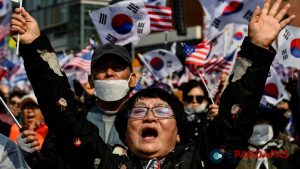
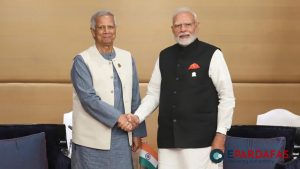
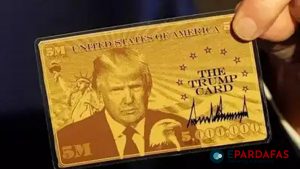

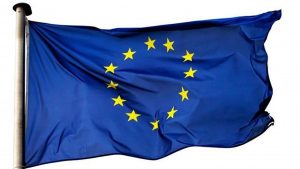


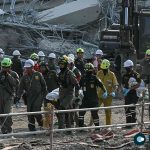


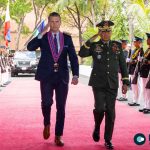
Comments